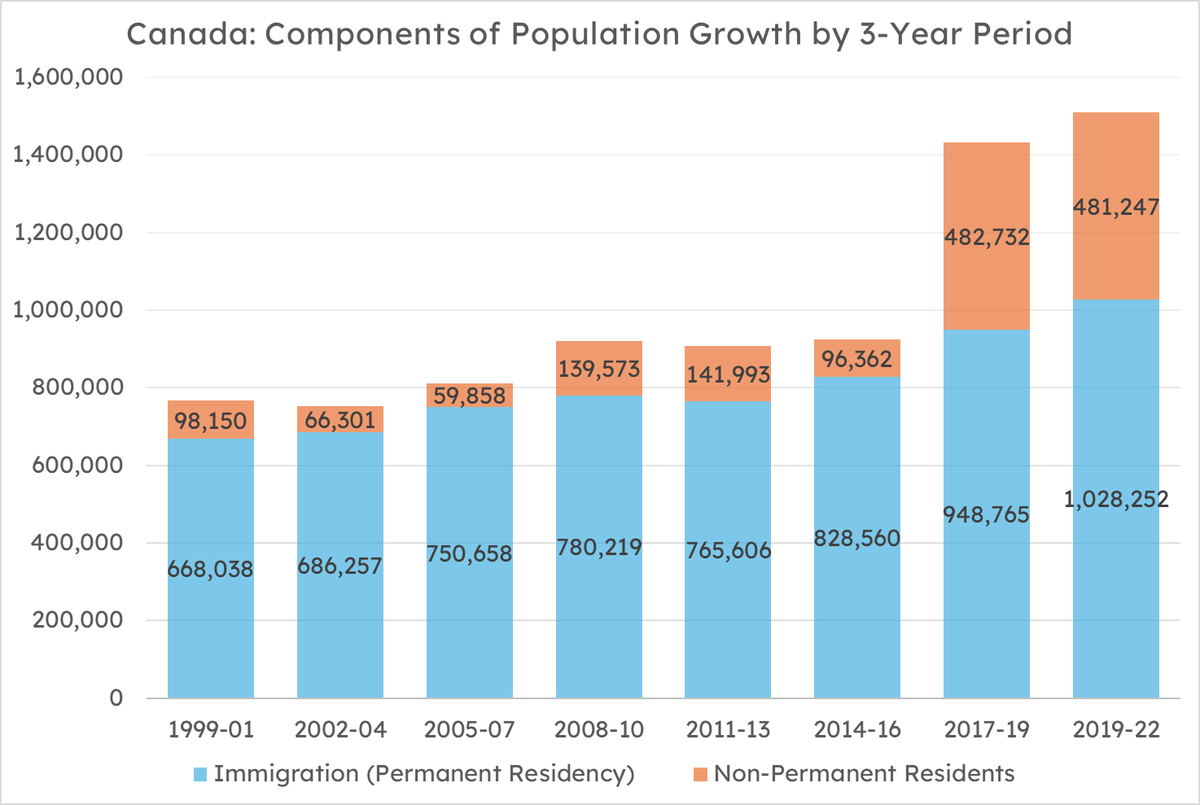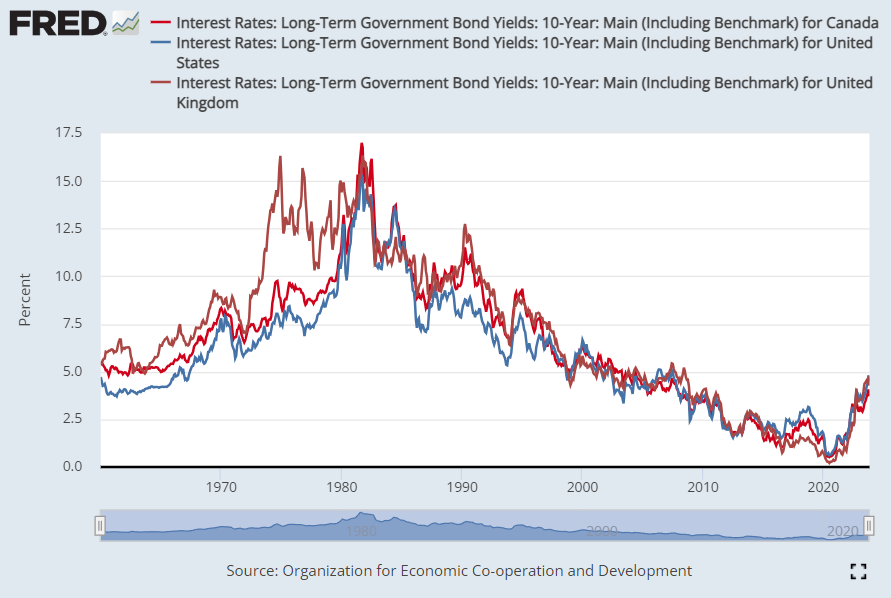I wasn't going to weigh into this, but since everyone else is... here goes.
The myth of the "luxury condo", particularly outside of the GTA and GVA, needs to die.
Condos *are* affordable homes. It's non-condos that are luxury housing.
And I can prove it... with data. A 🧵.
The myth of the "luxury condo", particularly outside of the GTA and GVA, needs to die.
Condos *are* affordable homes. It's non-condos that are luxury housing.
And I can prove it... with data. A 🧵.
https://twitter.com/theJagmeetSingh/status/1747680184558379381
Let's look at this chunk of #ldnont and surrounding towns, including Dorchester. currently has 1,110 sale listings in this area. (I put a minimum price of 50K to eliminate rentals accidentally classified as sales, and 1+ bedroom to filter out empty land) Realtor.ca


Finding any kind of affordability in #ldnont is tough. Of those 1,110 listings, there's only 8 under $200,000, and another 24 under $300,000.
I put the listings into 8 groups, based on price and whether it's a condo or a "freehold".
I put the listings into 8 groups, based on price and whether it's a condo or a "freehold".
And here's the data... 81% of the units in the least expensive category are condos. And in the most expensive category? *4%* are condos. 

And if you prefer a graphical representation of the data...
In short, this "luxury condo" thing is utter nonsense, and our housing discourse would be so much stronger if we abandoned this myth.
In short, this "luxury condo" thing is utter nonsense, and our housing discourse would be so much stronger if we abandoned this myth.

• • •
Missing some Tweet in this thread? You can try to
force a refresh













